Do we worry too much when travelling? Or do we sometimes worry too little? The issue of risk perception is interesting. Sometimes you may worry disproportionately. But sometimes you might not realise that you should worry a bit more ...
Table of contents
What is more dangerous - sharks or mosquitoes?
It's easy to worry about things that seem super scary (such as sharks and muggers), but mosquitoes and traffic are usually the most common. actually pose much greater risks. Worrying about flying is relatively common, but you rarely hear anyone worrying about driving a car, even though many more people die and are injured in car traffic than in air travel. Why are people so illogical when it comes to what they are afraid of?
Countries we don't know much about - are they dangerous?
Which countries we are worried about is rarely entirely logical either. Countries that we Swedes know well, such as Thailand and Spain, rarely cause any concern, even if there is something going on that could be perceived as worrying, such as demonstrations or storms.
When we recently travelled to Uzbekistan there was a group of people who wondered about security. Maybe not necessarily because they had heard something worrying, but rather because they hadn't heard much at all. What you don't know much about is easy to be worried about, isn't it?
In a way, it is quite reasonable to think that way. If you know a place, it is easier to assess the risks. If you not know a place, it's hard to know whether to be worried, what to be worried about and how to protect yourself from that vague unknown. While this is understandable, it may also mean exaggerating risks in countries that are not well known ...

Reducing risks by obtaining information
The best way to reduce risks when travelling may be to make sure you are well informed, or to obtain information in other ways. Are there risky areas that should be avoided? Should you watch out for a certain type of fraud that is common in that particular country or city? Should you be aware of any diseases that you might contract?
We always check the MFA's travel information (for example in the app "Resklar") and it can also be good to read other travel information and to ask hotel staff or others on site. Sometimes you may need to get some kind of vaccine or perhaps take various precautions regarding valuables. But, above all, it's good to be prepared. That way you can minimise the risks, but also avoid unnecessary worry...
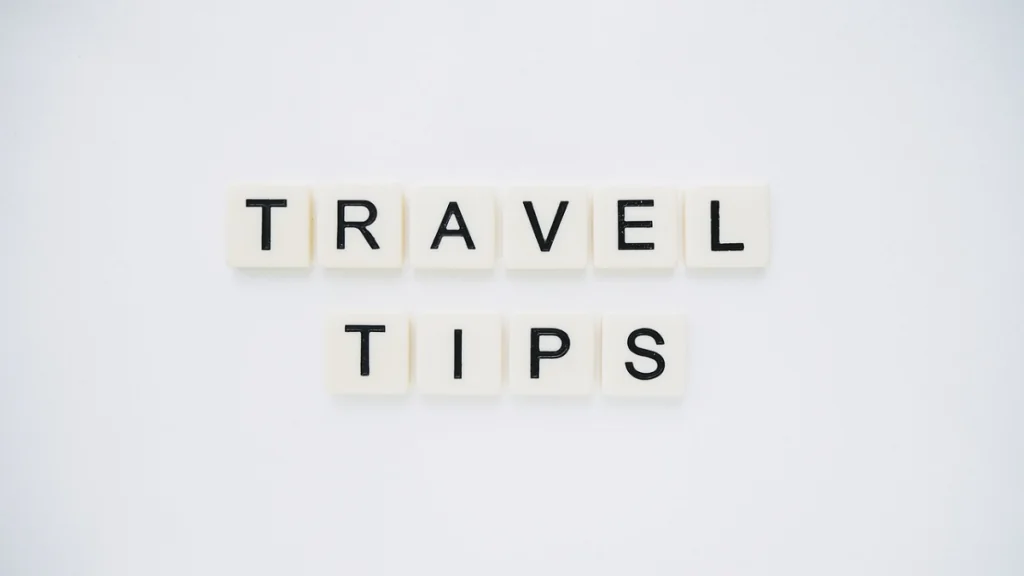
Worrying just enough
That worry just enough can be the challenge. Worrying too much is both boring and unnecessary. It destroys some of the joy of travelling and you may miss out on great experiences because you choose to avoid things unnecessarily. On the other hand, worrying too little can also be inappropriate. It is precisely when you become nonchalant and careless that things happen ...
Thoughts from South Africa
Before this trip to South Africa, we have had a bit of a hard time finding the right way to worry "just enough". Before departure, many warned about risks in South Africa - because these exist - while many told us about all the fantastic places and experiences.
So far it feels like it's all about "getting information". There are definitely risky areas in South Africa and you need, to a greater extent than we are used to, to think about locking, keeping track of valuables, avoiding certain places and the like. It feels good that we have read up, asked for advice and taken various precautions. Then it's easier to enjoy the trip - because this is a really great country!
Our first week in South Africa was incredibly intense, but tomorrow will be our first report (in addition to a little teaser in the last Happy Friday) from this amazing country. Don't miss it!
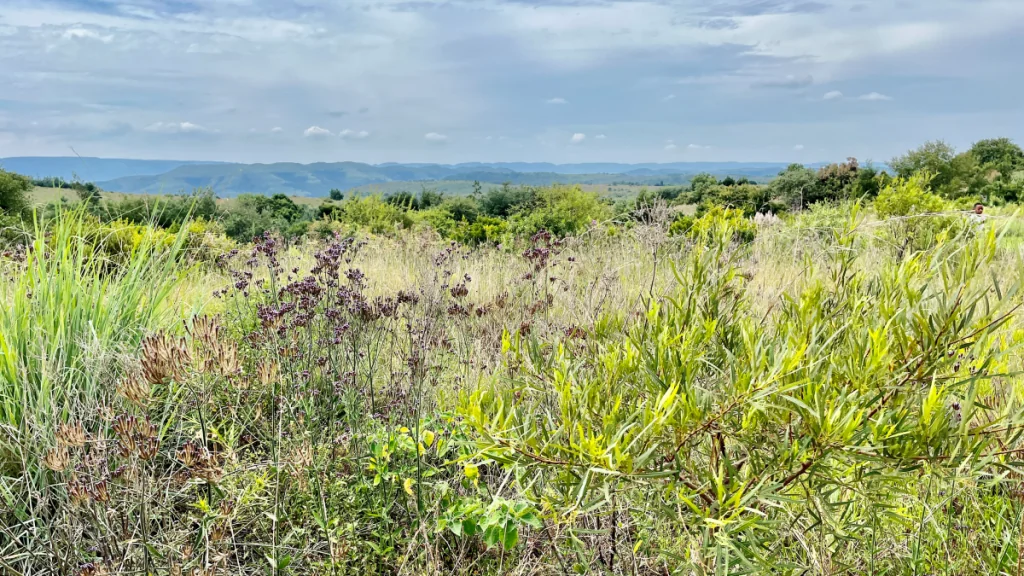
How do you think about worrying while travelling?
How do you think about worrying while travelling? Do you usually worry too much, or maybe even too little?


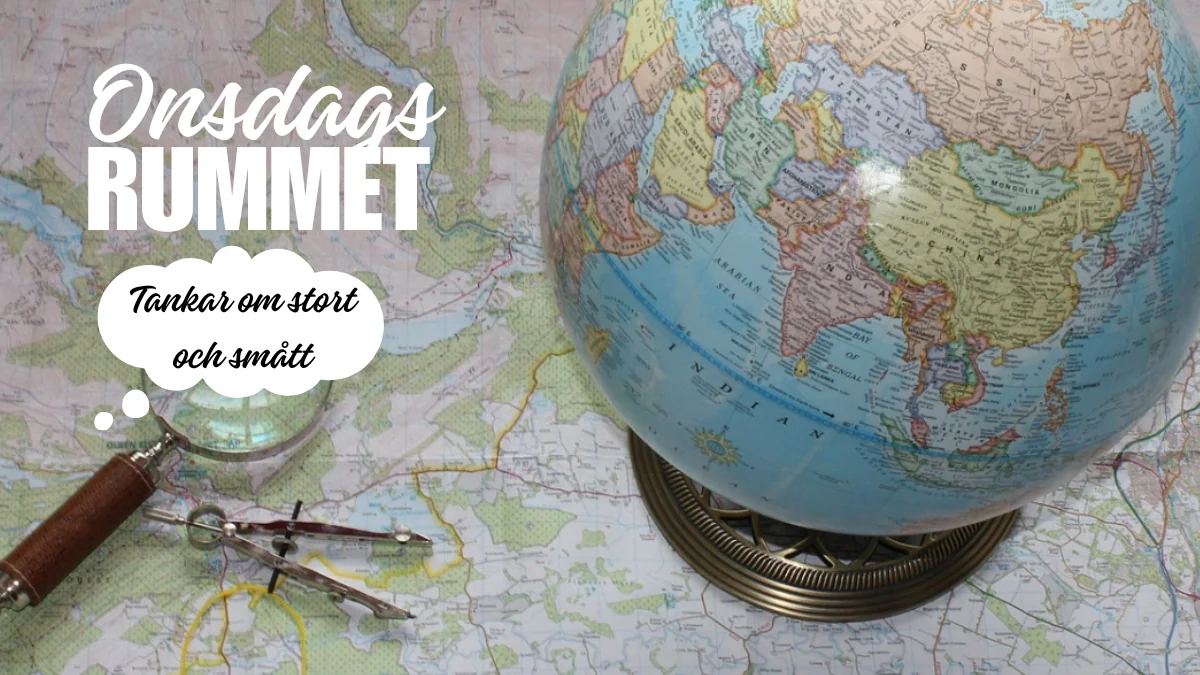






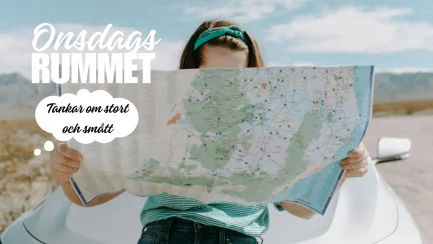
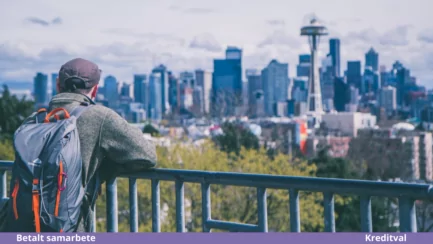
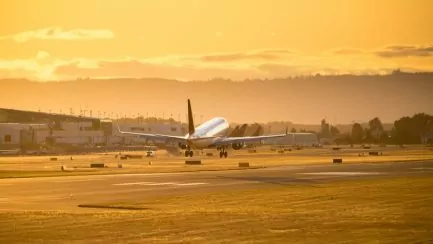






Anna Nilsson Spets says:
That's what I always hear... how dare you? I usually travel to some strange countries with no infrastructure, extremely poor countries that do not have what tourists are used to in terms of healthcare and approved medicines.
I follow the UD's recommendations and the Belgian equivalent as well. I am fully vaccinated and have a large travel pharmacy with me. I don't go out after dark and calculate the risks. I ask the accommodation providers about the situation, etc. What I worry most about is getting really sick, which unfortunately I usually do. But not even that stops me.
07 February 2024 - 6:19
bmlarstravellingblog says:
Going around worrying about things that might happen is a drain on energy, kills happiness and is of no use. We believe that it is essential to get information about possible risks, take them into account and then make a decision on whether to travel or not. Of course you shouldn't be reckless or tempt fate when travelling, but otherwise most people are nice and honest.
07 February 2024 - 14:08
Helena says:
BM and Lars, that's exactly how we think too. Read up, decide if you want to travel and then take reasonable precautions, but without it overshadowing the joy. Our experience is also that most people are both friendly and helpful.
08 February 2024 - 6:03
Helena says:
Anna, Interesting to hear your thoughts! You also have a lot of experience of travelling in these types of countries, which of course also helps in different ways. You can't remove all risks, you want to live too, it can be a bit of a balancing act sometimes ...
08 February 2024 - 6:01
Yossu says:
I also usually check the UD's travel information, and then judge whether or not I dare to go.
When I read about different precautions, it's easy for me to start worrying too much. I almost got the feeling when I travelled to Chile that everyone would stare at me and wait for the opportunity to snatch my bag from me. But that was not the case, and once in place I sometimes found myself getting a little too relaxed.
It sounds like South Africa is a bit like Chile. You don't have to be afraid, but take that common sense you use in Sweden and turn up the volume a bit.
07 February 2024 - 19:33
Helena says:
UD's travel information is good as a basis, I think. And yes, it can be that you start worrying too much if you only read about risks..., and you do not want to end up in that either ... We have not travelled in South America, but have understood that there is a lot of crime there as well. So yes, good description to bring the common sense from home and turn up the volume a little 😉.
08 February 2024 - 6:06
BP says:
In general, I can say that I/we did not worry at all when we were young. We just got on with it. But with age and different medications that you have to take, we became slightly more cautious. I wouldn't call it worry, but the travel pharmacy is definitely bigger now than it was 30-40 years ago.
Then, I would not then or now dare to travel to countries in war zones such as Israel, Egypt, Jordan, Ukraine and others.
07 February 2024 - 20:00
Helena says:
Yes, you do become more careful with age... Compared to when I was younger, I also carry a larger pharmacy with me. Also, I am more careful about insurance and cancellation cover (in some cases) and the like ...
08 February 2024 - 6:07
Lena - good for the soul says:
That's very interesting. It's not logical to worry about visiting the neighbouring municipality because there have been shootings there, when there have been more shootings in your home town at the same time. But the feeling is probably that the familiar is still safer.
Thankfully, I am not a worrier, so I rarely worry about things. However, I do find out about the security situation at the destination in order to take action if necessary.
Hug Lena
09 February 2024 - 15:11
Helena says:
Of course, the unknown is always a bit more scary... And yes, reading up on the security situation and taking possible security measures can be wise!
14 February 2024 - 6:27
Monica says:
I think this depends to a large extent on how you are organised. And also on age, experience and health. And an inherent desire to travel and explore, of course! Which you have to a great extent, much to the delight of those of us who like to follow you, but usually in front of the screen! The travel experience you have is an enormous asset and gives you both strength and security and as far as I know you have not had any really serious incidents during these years? Well maybe some story for Peter with weapons involved a long time ago? If you have not encountered serious problems, the risk propensity naturally increases. Anyone who has had a heart attack far from the nearest medical facility, or fallen and broken a leg, or had their shoulder shattered for life by an overly adventurous climb up to a viewpoint will think twice next time. And if you've been free camping and had a scary unexpected visitor during the night, you definitely won't do it again. The ability to cope with different climates and unexpected physical stresses also varies with age, health and mental capacity. You're still at the age where you can imagine living a "hippie life" for three months in the Philippines under rather austere conditions - that's certainly not the norm! Saw an episode on Studio 65 recently about the desire to travel and travel habits among seniors - watch it and it gives an insight into how some older people view their travelling. Not one of these tough people said they were ever anxious while travelling! And as any lottery winner will tell you, the desire to travel is strong in most people. "A trip" is the standard answer when asked what to do with the winnings! Personally, I'm more cautious than most and do a lot more reading. I find UD's travel guide to be hopelessly out of date, especially nowadays when things are happening at lightning speed overnight! And for many reasons, it is extremely important for me to be able to communicate in the country's language - without that possibility, you are extra vulnerable if an accident should occur. In my opinion.
11 February 2024 - 10:39
Helena says:
Yes, it does depend to some extent on your personality. And as you say, in combination with age, health and other factors. As you say, we haven't had anything really serious. We did get into a serious situation in Kenya during the 2007 elections, when thousands of people were killed and hundreds of thousands were displaced. We were stuck in a guesthouse and couldn't get out, and when we did, it was very dramatic. But we made it. Speaking the language of the country obviously makes it easier to understand what is happening around you. Now we find ourselves in a country with 11 official languages, of which we speak one ...
14 February 2024 - 6:32
Monica says:
My comment on language is purely because I know how terribly unnecessary you can get into trouble if you can't communicate properly. With the police. In a hospital. In shops, in restaurants, in a taxi. Finding your way to an emergency dentist, understanding and navigating the internet in an unfamiliar language. During our years in France, I constantly had to respond to both resident and holidaying Swedes who found themselves in various precarious situations because they thought - and demanded! - that all French people should understand and speak English. Only Swedes think that way. French people who do not know English do not go abroad alone - they realise their limitations - and regret them! In addition to managing everyday life without being totally lost and helpless when it comes to it, the language also means that you get a real picture of the country you are visiting. Everything else is just touristic surface. Apart from the visual experience of nature and buildings, of course!
15 February 2024 - 11:07
Helena says:
It's certainly important to know the language when travelling, I agree with you Monica! And of course you are always in a better position if you know the language spoken in the country. I understand that you shouldn't travel abroad alone if you don't know English, and I wouldn't do that either.
16 February 2024 - 18:06